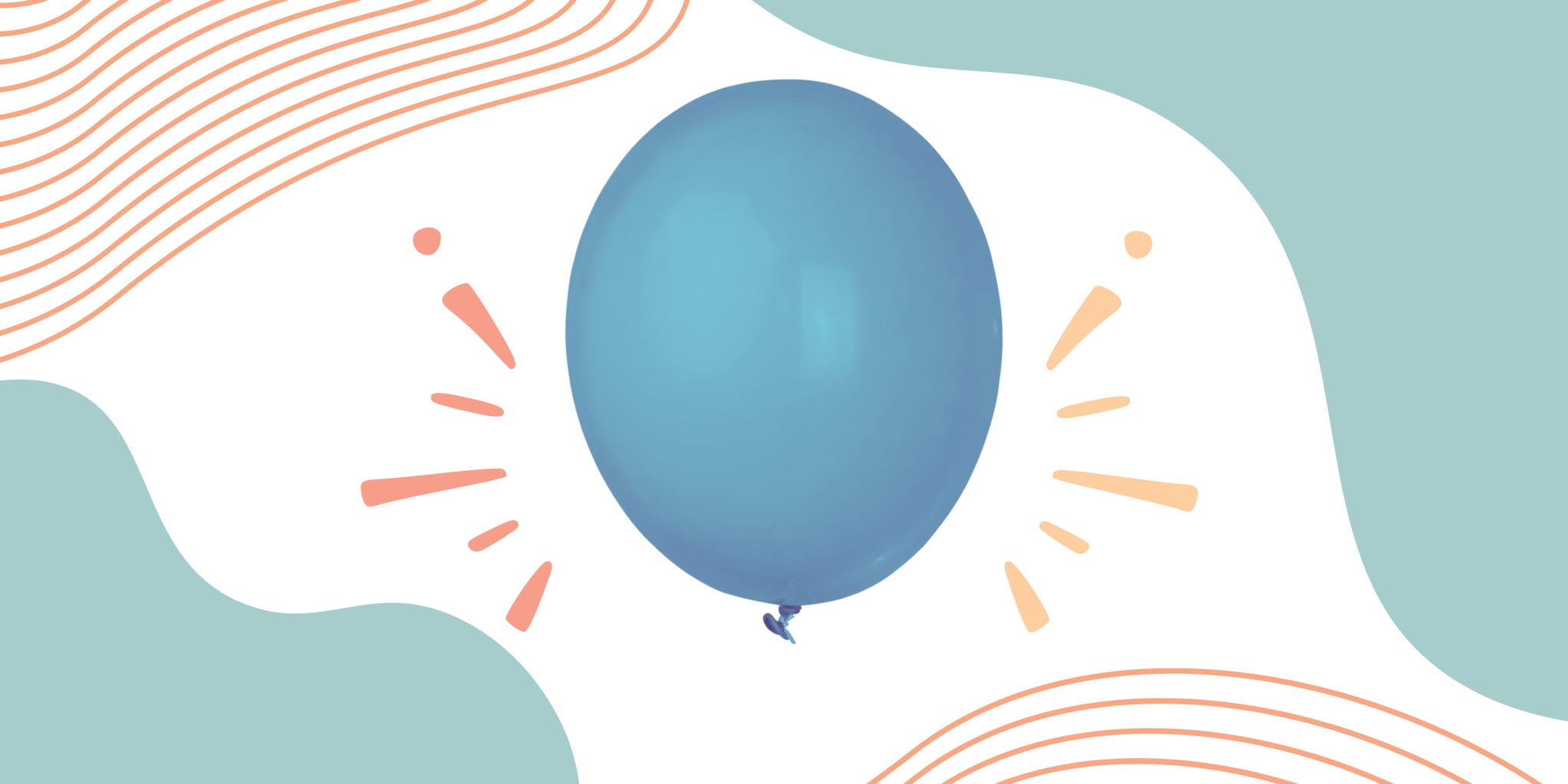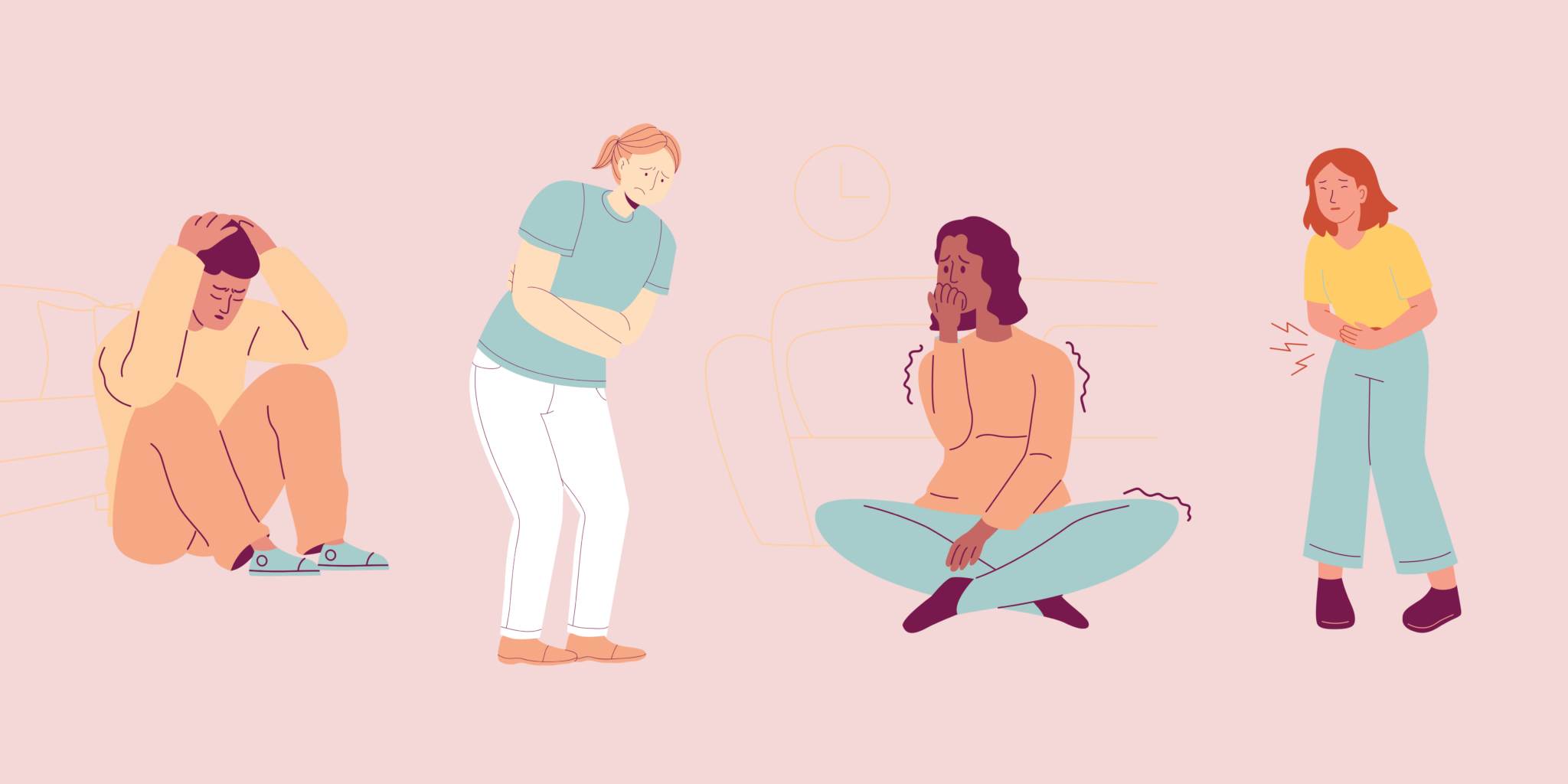
What is IBS?
Bloated , constipated or having a gassy stomach? IBS or Irritable Bowel Syndrome is a functional gastrointestinal disorder, meaning no physical issues can be found in the stomach or intestines; they just don’t function quite as they should.
Approximately 15-20% of the world’s population has Irritable Bowel Syndrome, with the majority seeking care being women aged 20-65. Among men, the number seeking care is lower, contributing to a significant underreporting. In children and adolescents, the number receiving a diagnosis is increasing. It has long been known that psychological factors play a role, with anxiety and stress exacerbating the condition.
Ongoing research on Irritable Bowel Syndrome focuses on both its causes and treatment. Previous dietary advice for patients was often generic due to a lack of specific guidance. Adjusting fibre intake, eliminating lactose, or, in the worst case, receiving no advice at all was common. Today, we know better, and the low FODMAP diet helps a majority of patients. At Belly Balance, we closely follow research, adapting and evolving our treatments based on new evidence.
Potential causes
The exact causes are still not fully understood. The hereditary factor is around 20-50%. Several theories involve disruptions in intestinal motility, defective gas transport, a sparse filter in the nervous system between the stomach and the brain, changes in the gut flora (prebiotics are food for gut bacteria), and low-grade inflammation in the intestinal mucosa.
Most individuals report experiencing digestive issues for as long as they can remember, receiving a diagnosis around the age of 20, following a stomach illness or infection, or after a period of prolonged stress or trauma. Many find that stress and anxiety worsen symptoms, leading to the belief that the disease was purely psychosomatic. What we do know is that multiple factors interact, and diet and stress are crucial.
Researchers are paying increasing attention to the role of gut bacteria in the onset of Irritable Bowel Syndrome. There is current research on probiotic supplements and their potential to reduce symptoms.
Symptoms
Symptoms vary from person to person but almost always include some of the following:
- Bloating (typically increasing during the day)
- Stomach gas
- Constipation
- Diarrhoea
- Alternating constipation and diarrhea
- Incomplete bowel movements (feeling not finished in the bathroom)
- Cramping, spasms, or abdominal pain
- Audible bowel sounds
- If you experience any of these symptoms, consult a doctor for an evaluation. Afterward, you can consider trying the FODMAP diet.
Diagnosing IBS
There are criteria for diagnosing IBS, often involving tests for lactose and gluten. Doctors may perform endoscopic examinations of the intestines (gastroscopy or colonoscopy). You may also be tested for lactose intolerance through blood tests or a so-called challenge. Blood tests are more common today but only indicate if you have the genotype for lactose intolerance, making them not entirely reliable.
There are three types of IBS: IBS-D (diarrhoea-dominant), IBS-C (constipation-dominant), or IBS-M (mixed). Constipation is defined as fewer than three bowel movements per week, and diarrhoea as more than three loose bowel movements per day.
Some doctors diagnose without testing, but it’s crucial to rule out inflammatory bowel diseases like Crohn’s and Ulcerative Colitis. A colonoscopy is especially important for those with alarm symptoms such as fever, blood in stool, and unintentional weight loss, as these are atypical IBS symptoms. Consult a doctor for further evaluation. You don’t need a diagnosis before trying low FODMAP treatment.
NOTE: We always recommend a gluten test before starting low FODMAP treatment. Since the intake of grains decreases with low FODMAP diets, antibodies against gluten may disappear, rendering the test unreliable.
You can read more in our in-depth article about the IBS diagnosis.
Treating IBS
Swedish healthcare lacked standardized treatment for a long time. For the past few years, the low FODMAP diet has been available, implemented in Swedish healthcare by Sofia Antonsson, founder of Belly Balance. Scientific studies show that the low FODMAP diet helps 75% of all IBS patients reduce their symptoms. In recent years, we have successfully treated thousands of people using low FODMAP, combined with mindfulness, breathing exercises, and stress management, available in the Belly Balance app. For optimal results, follow the treatment correctly, either with a dietitian or through the app.
Belly Balance is the leading provider in Sweden for treating IBS with the low FODMAP diet. Here, you can find information on treatment, recipes, news, and current research.
In addition to dietary treatment, alternative treatments like hypnosis, CBT therapy, and medication are available to varying extents. Studies show moderate effects of available medications, and some people find the effect of medications diminishes after prolonged use, possibly due to the high placebo effect in digestive medications. Currently, the low FODMAP diet is the most effective treatment.
Myths
There are many myths about IBS that we hear from the people we meet. “It’s all in your head,” “eat less fiber,” and “avoid gluten” are common myths. There are more, and unfortunately, they usually do more harm than good. As we know, there are no quick solutions, but there are solutions that we know work. For us, it is most important that you experience a reduction in your symptoms, and that is the knowledge we share in our treatment.
Common Questions and Answers about IBS
What tests does the doctor perform before making a diagnosis?
It varies. Some doctors diagnose without testing, but the recommended approach is to test for lactose and gluten to rule out intolerances.
My doctor wants to prescribe medication; is there anything that helps with IBS?
Currently, there are only medications that can improve certain symptoms, but there are no medications that address the entire range of symptoms. The medications available today can only improve specific symptoms and are not particularly effective, helping only a small percentage. FODMAP dietary treatment helps a whopping 75% of all those with IBS and is the most effective method. Therefore, we recommend starting with dietary treatment and then possibly trying medication if lingering symptoms persist.
I've had digestive issues my whole life; can it really be IBS?
Yes, many people receive the diagnosis later in life after prolonged digestive issues. However, it’s never too late to do something about it!
How does candy and IBS work together?
Common sugar, both sucrose or granulated sugar, is not a FODMAP because it contains equal parts glucose and fructose. Candy, or more accurately, sugar, and IBS usually don’t mix well. Don’t despair; there are candies and snacks that work well if you have IBS.
Belly Balance Digital Treatment
In the Belly Balance app, you can log symptoms, keep a food diary, scan products, find FODMAP lists, and much more to help you manage your IBS.
Sofia Antonsson
Reg. Dietitian, Belly Balance




